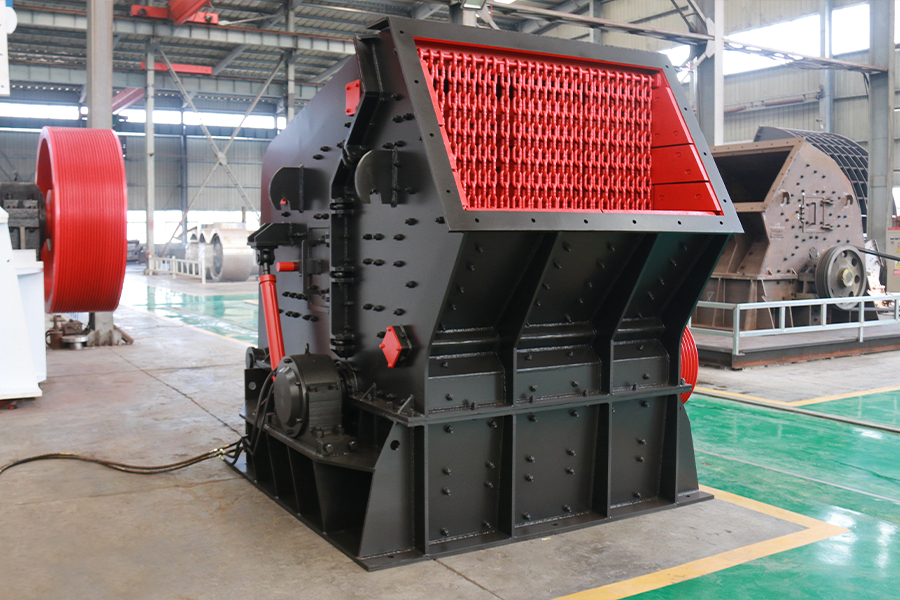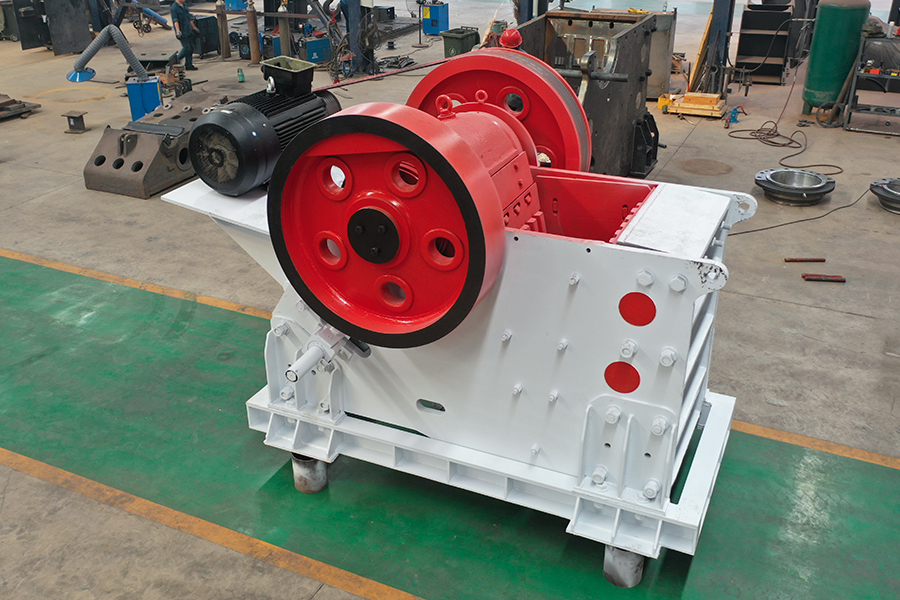
 Xingaonai
Xingaonai
The following key factors need to be considered to correctly and effectively select crusher equipment:


Material properties:
Hardness: Different types of materials have different hardness. The greater the hardness, the higher the crushing difficulty coefficient.
Specifications and particle size: When the material specifications are large, a jaw crusher can be selected as the primary crushing; when the stone specifications are small and need to be composed of a certain grade of stone, a combined crushing and screening equipment is required.
Water content: The water content of the material will also affect the selection of the crusher. When the water content is too high, the fine-grained material will agglomerate or stick to the coarse-grained material due to the increase in humidity, thereby increasing the viscosity of the material, reducing the discharge speed, and reducing productivity.
Abrasiveness: Materials with strong abrasiveness are generally crushed, and the surface of the crushing tool is smooth; materials with weak abrasiveness are crushed by impact, impact, grinding, etc.
Tough materials are generally sheared or struck quickly, such as hammer crushers.
Powdered or muddy materials should be ground, impacted or crushed, such as ball mills.
Production requirements:
Inlet and outlet particle size: The inlet and outlet particle size is used to determine the model and crushing level of the required crushing equipment.
Output and efficiency: According to the actual needs and scale of the production line, select a crusher that can meet the requirements of output and efficiency.
Equipment performance:
Energy consumption: Under the condition of meeting the process requirements, select crusher equipment with low energy consumption.
Wear resistance: The service life of the wear-resistant parts of the crusher is particularly important, so equipment with good wear resistance should be selected.
Maintenance and maintenance: The maintenance and maintenance costs of the equipment are also factors that need to be considered. Equipment with easy maintenance and long maintenance cycles should be selected.
Price and budget:
Equipment price: Select appropriate equipment according to the budget range, but price is not the only determining factor.
Cost-effectiveness: Consider the performance, quality and price of the equipment comprehensively, and select equipment with high cost-effectiveness.
Manufacturer qualifications and brands:
Select equipment produced by manufacturers with advanced technology, reliable qualifications and excellent brands to ensure the quality and after-sales service of the equipment.
Practical inspection and testing:
Before purchasing, it is best to inspect the manufacturer and production line of the equipment on site to understand the actual operation and performance of the equipment.
If conditions permit, actual tests can be carried out to verify whether the equipment meets production requirements.
In summary, the correct and effective selection of crusher equipment requires comprehensive consideration of multiple factors such as material properties, production requirements, equipment performance, price and budget, and manufacturer qualifications and brands.
Author: Xingaonai
Reprint address: https://www.xgncrusher.com/Industralnews/553.html
Copyright © 2016-2030 Xingaonai Group All Rights Reserved. Xingaonai Sitemap